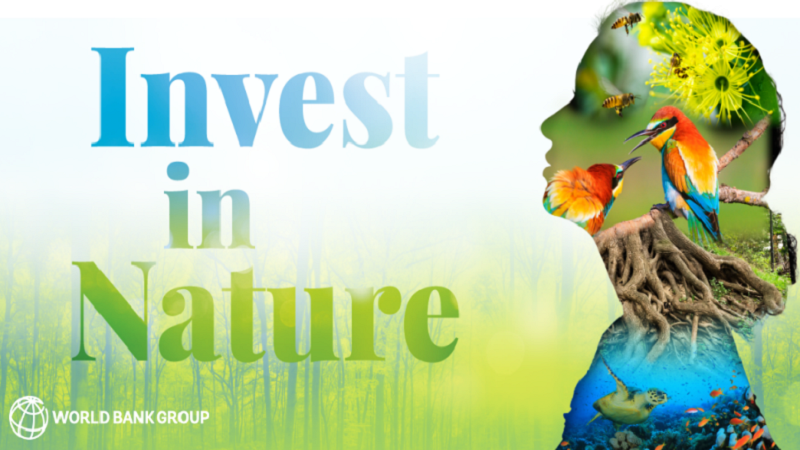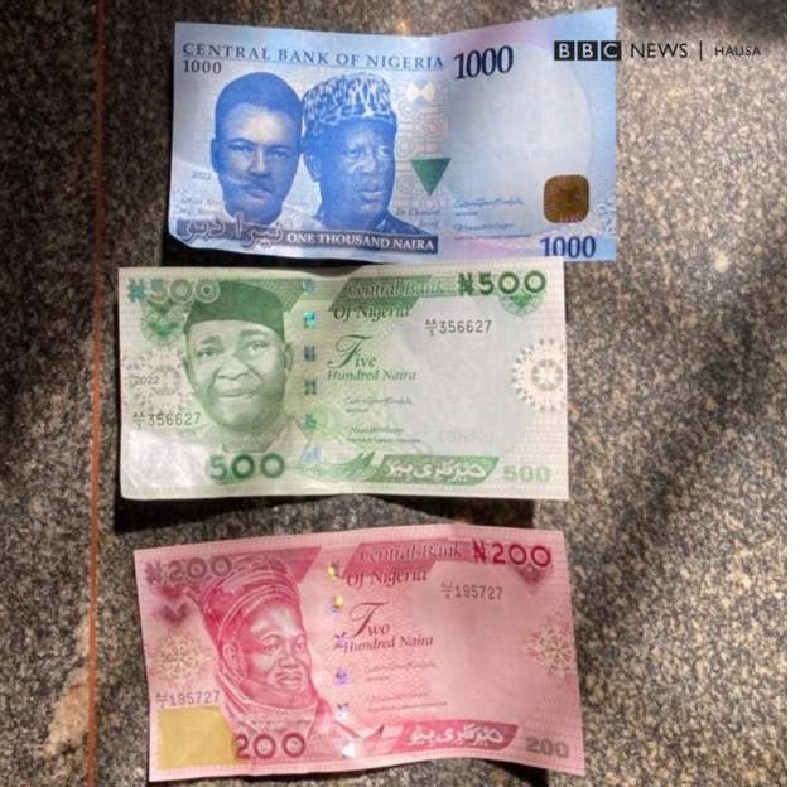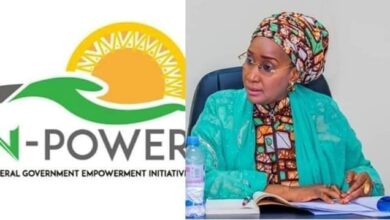Securing Our Future Through Biodiversity- World Bank

Biodiversity is our planet’s wealth. It is a cornerstone of development, and its loss threatens many hard-won development gains. For instance, the loss of forests means the loss of carbon sinks, further accelerating climate change. The Amazon used to sink 5 percent of annual carbon emissions, but that is no longer the case. In the first six months of 2022 alone, 1,500 square miles of Amazon forest – an area more than twice the size of Beijing – was destroyed. Further, 40 percent of all conflict is caused, made worse, or financed by natural resources.
Biodiversity blunts the impact of other crises, like climate change and conflict, on development; it is also the wealth of poor nations and poor communities within nations as a producer of jobs and GDP. Take the fisheries sector, where 60 million jobs globally are tied directly to fishing and fish farming. For every one of those jobs, 2.5 more are created in the fisheries value chain. That is 200 million jobs, 60 percent of which are in the developing world. The same can be said for industries such as forestry and nature-based tourism. We cannot ignore that nature and biodiversity loss is a material risk to our economies, our financial sector and therefore to development. Malaysia is a good example. A recent World Bank report found that in the case of a partial ecosystem collapse, Malaysia – one of the most biodiverse countries in the world – could suffer 6 percent annual loss of its GDP by 2030. That’s a scale of loss similar to the COVID crisis of 2020. A recent study we carried out along with the Bank Negara, Malaysia’s central bank, found that more than half the commercial loans made by the banking sector are to sectors which are highly dependent on ecosystem services, and almost 90% are to sectors which themselves have a high impact on ecosystems.











